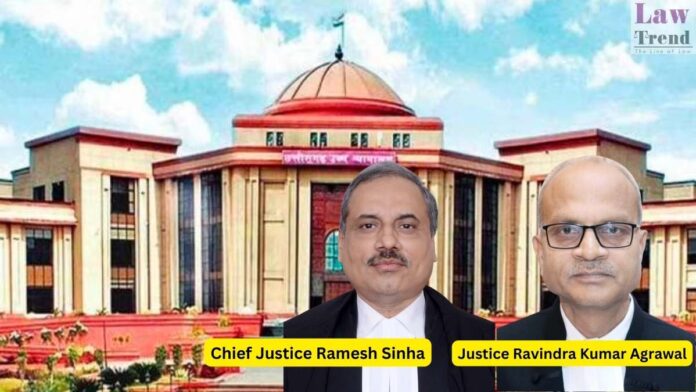The Chhattisgarh High Court reaffirmed a crucial principle of commercial law, holding that courts should generally refrain from interfering with the invocation or encashment of bank guarantees as long as the invocation adheres to the terms of the guarantee. This decision came in the case of Sutlej Textiles and Industries Limited v. South Eastern Coalfields
To Read More Please Subscribe to VIP Membership for Unlimited Access to All the Articles, Download Available Copies of Judgments/Order, Acess to Central/State Bare Acts, Advertisement Free Content, Access to More than 4000 Legal Drafts( Readymade Editable Formats of Suits, Petitions, Writs, Legal Notices, Divorce Petitions, 138 Notices, Bail Applications etc.) in Hindi and English.




